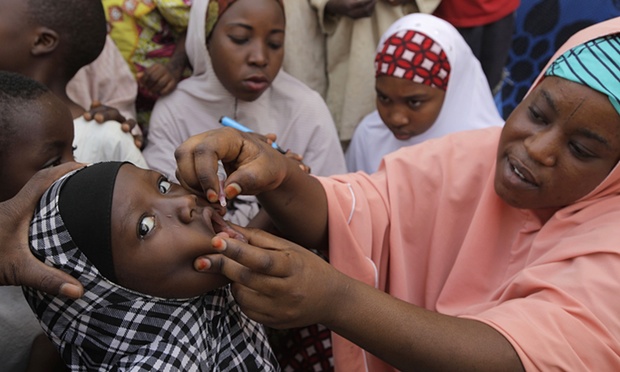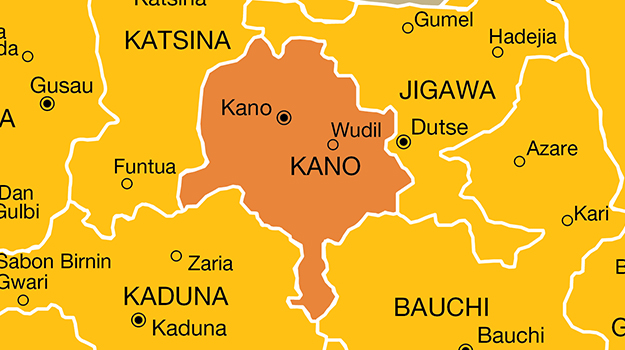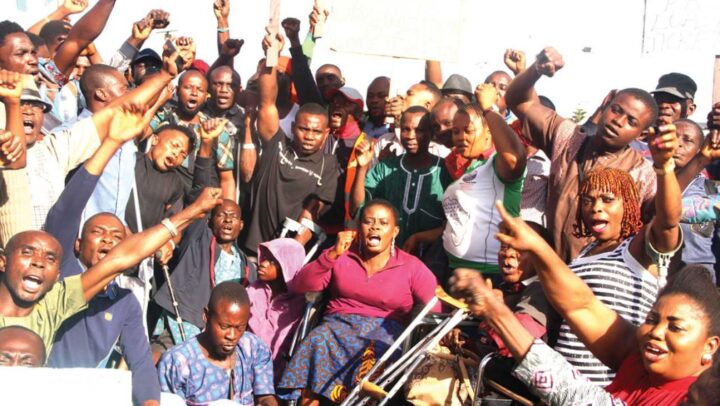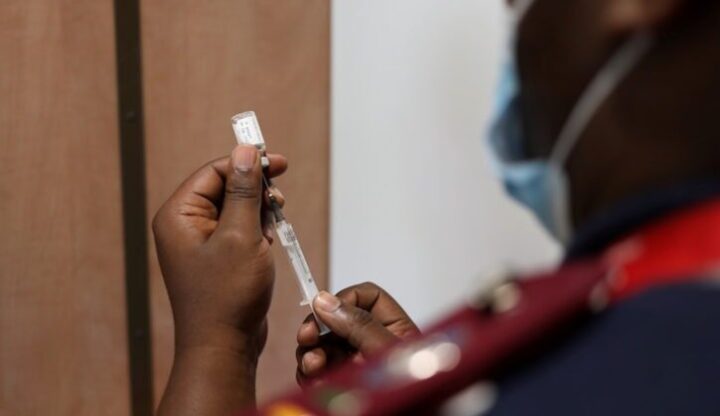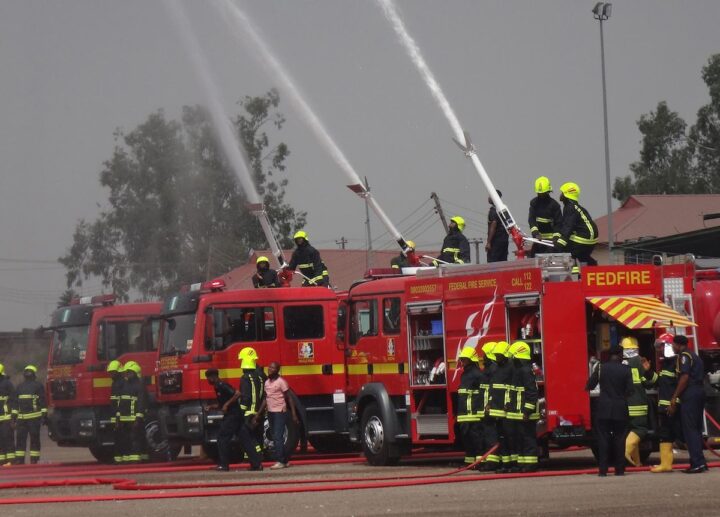A woman administering a vaccine to a child
The United Nations Children’s Fund (UNICEF) says over 600,000 children in Kano, Katsina and Jigawa have not undergone immunisation against childhood deadly diseases.
Rahama Farah, UNICEF chief field officer in Kano, spoke on Thursday at a media briefing on the state of the world children (SOWC) 2023: immunisation and zero dose situation.
Farah said Kano has the highest number of over 300,000 children who are at risk of childhood killer diseases due to lack of immunisation.
He said there are more children who have not been immunised across 44 LGAs in the three northern states.
Advertisement
He said Jigawa has the second highest number followed by Katsina, adding that the children are mostly those living in hard-to-reach areas.
“We in UNICEF are very concerned about the zero dose number of children not immunised in the three states of Kano, Katsina, and Jigawa under the Kano field office,” NAN quoted Farah as saying.
“We are concerned because this is the basic fundamental child rights in terms of having access to immunisation services.
Advertisement
“We know that globally, children are dying because they don’t have access to preventable diseases vaccination.
“And this is a major concern for us in Nigeria and Kano in particular.
“Over 600,000 children who missed the first dose of immunisation are in Kano, Katsina, and Jigawa states.
“Over 300,000 of the children who are in Kano, represents 55 percent.
Advertisement
“We have 26 percent of the children in Jigawa state and 19 percent in Katsina state.
“We are calling on every community leader, and policymaker to put hands together to build partnership and reduce the high number of children not immunised against child killer diseases.
“We are calling on the government to increase investment in the health system to reach out to the children.
“We also call for community engagement in terms of creating demand and building confidence in the effectiveness of the vaccines.”
Advertisement
Add a comment
